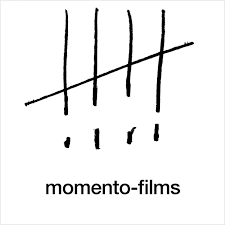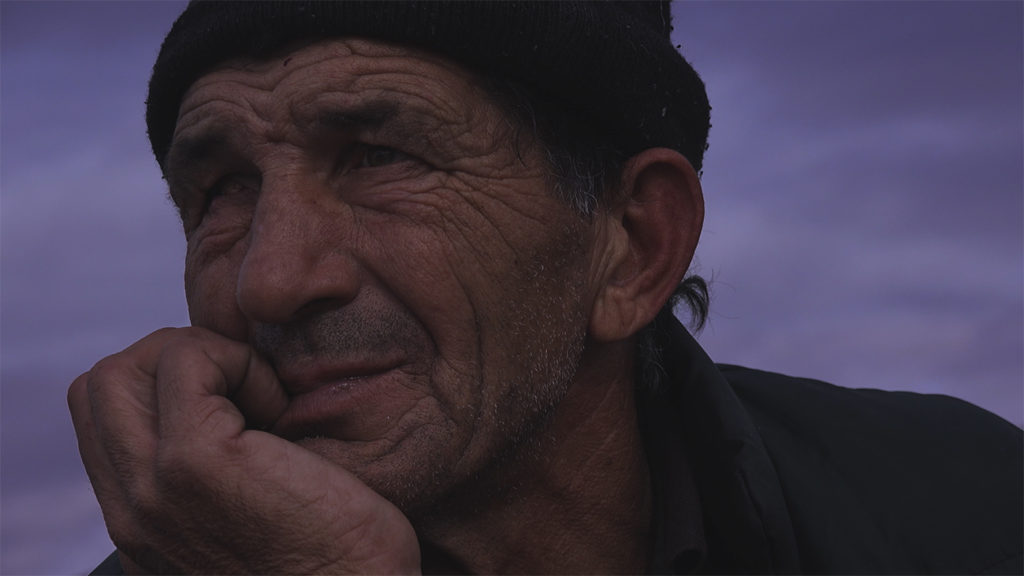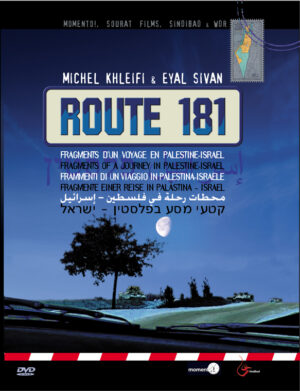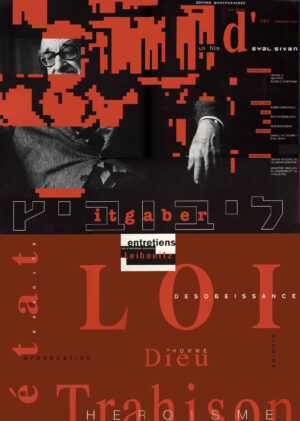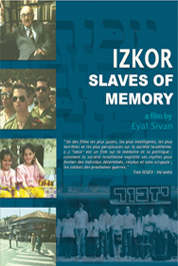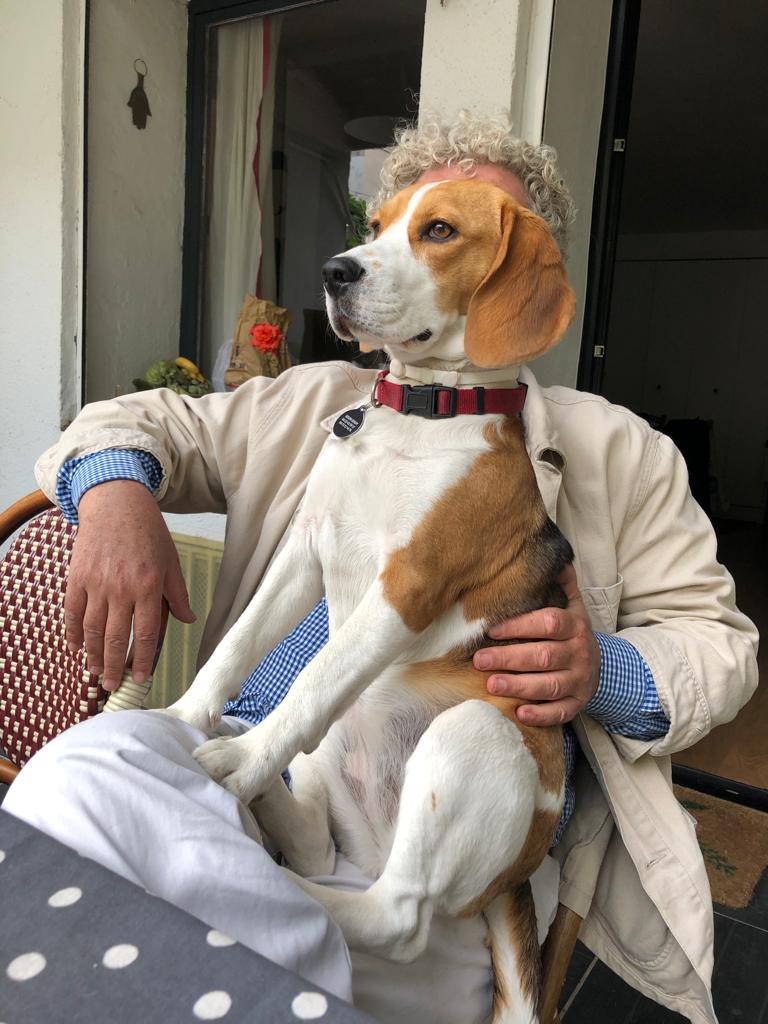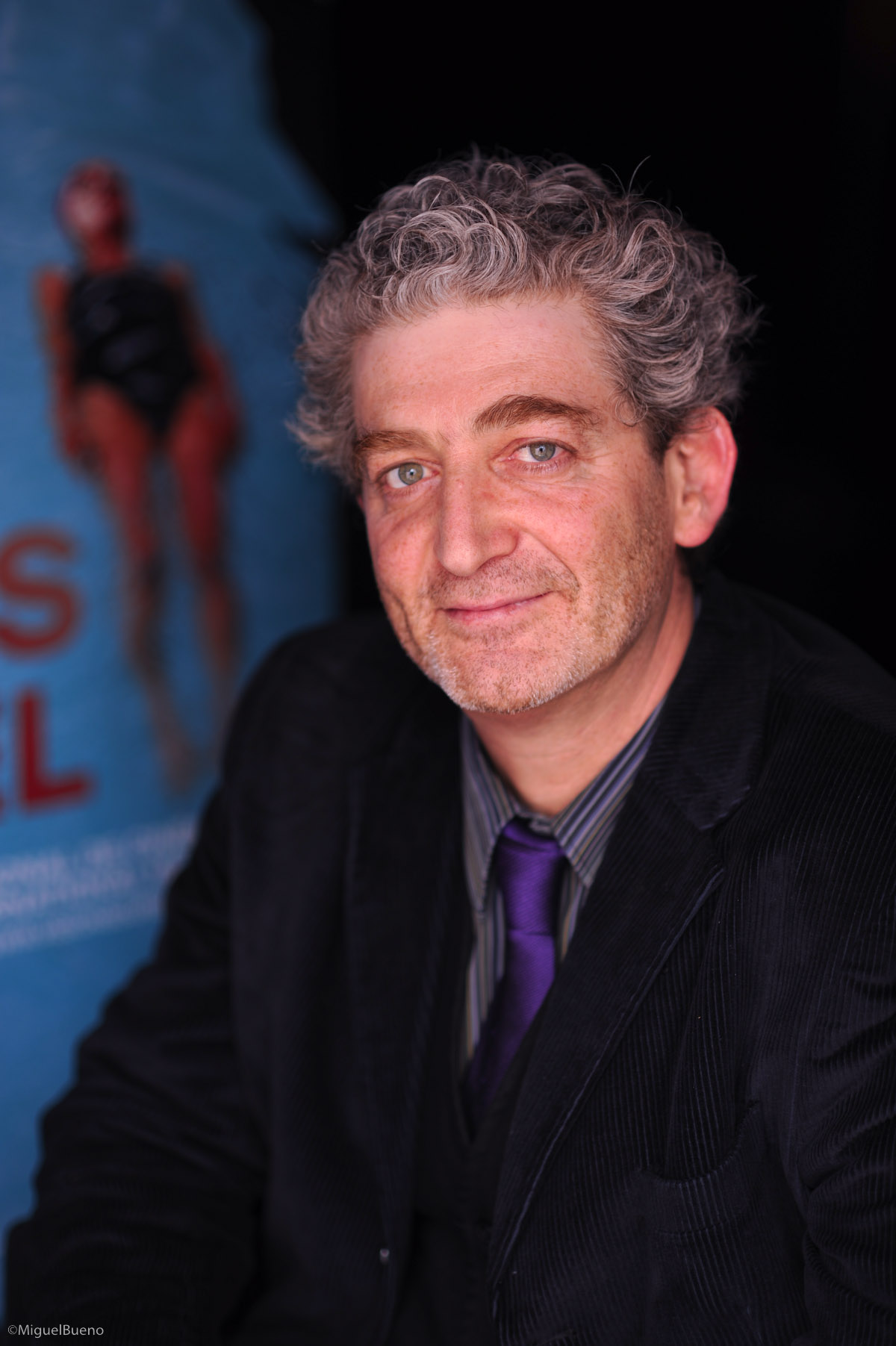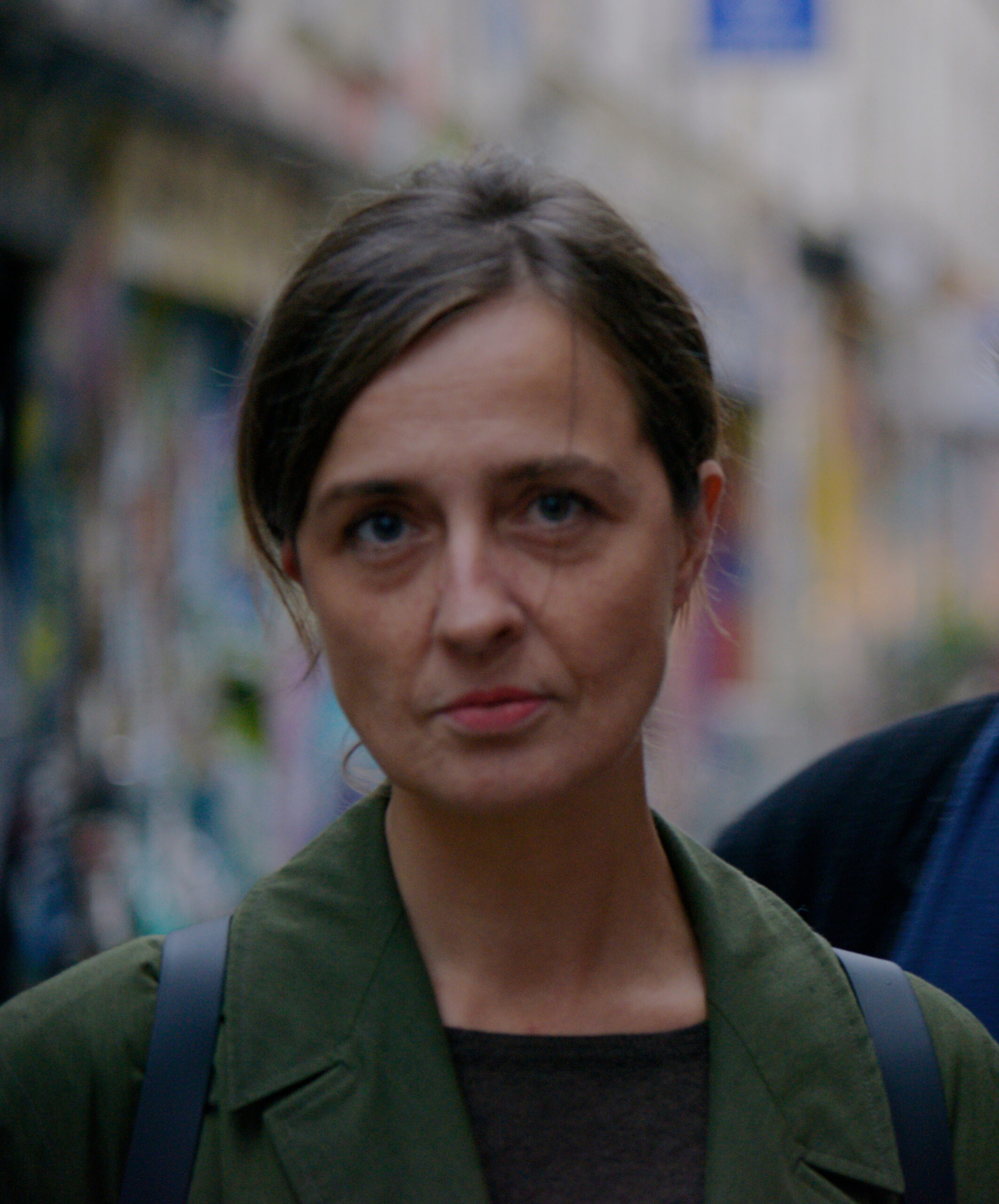synopsis
momento! develop, produce, publish and distribute cutting-edge, unconventional and experimental cinematic works by political filmmakers dissecting the contemporary world.
News
Looking for horses
Last Projects
Featured project
Description
LOOKING FOR HORSES by Stefan Pavlović
Additional Info
Looking for Horses is a film about a friendship between the filmmaker and a fisherman. One lost his mother-tongue because of a stutter, the other lost his hearing during the Bosnian civil war. They look for ways to communicate, while the camera mediates their growing bond.
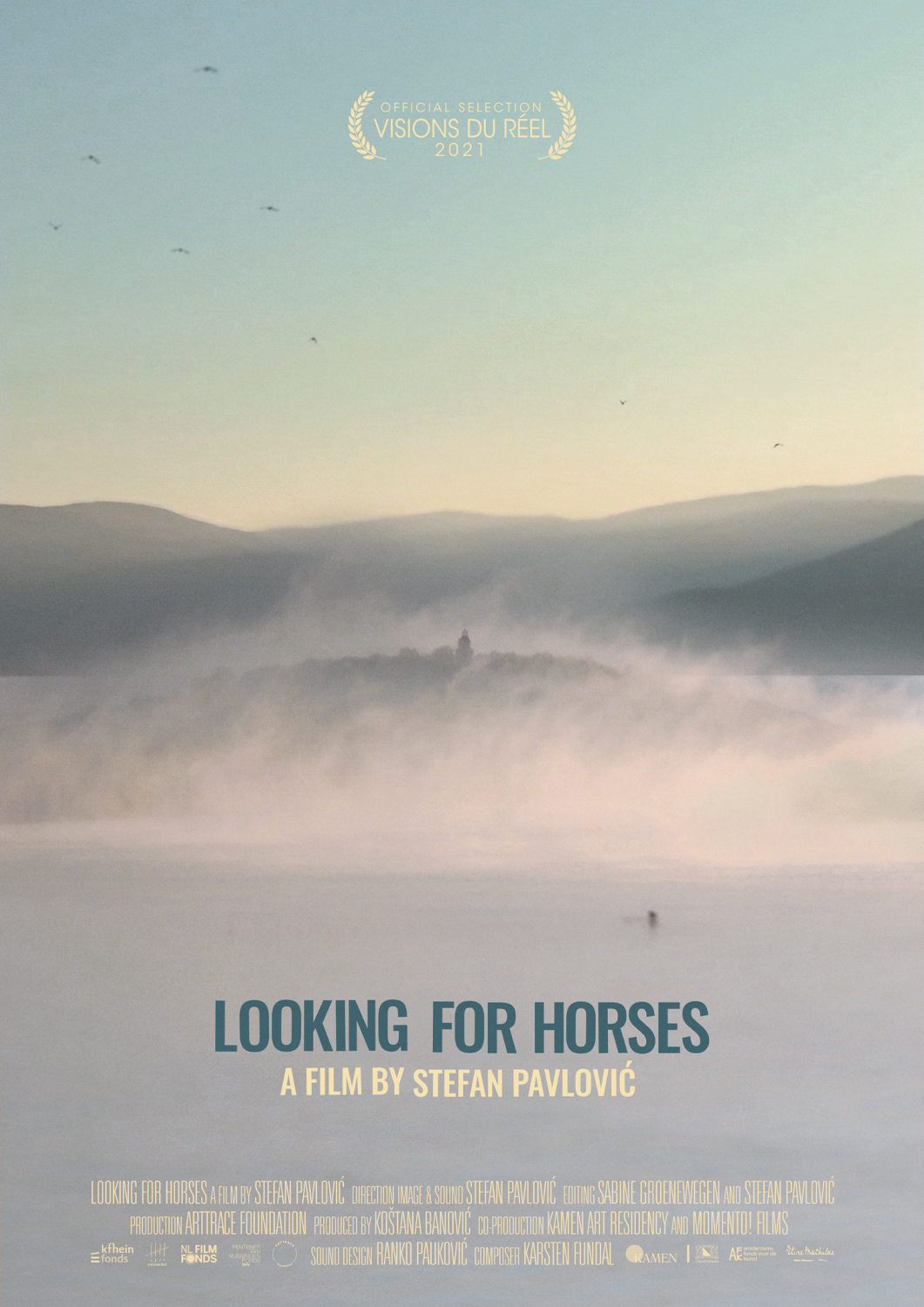
meet us
team
meet us
CONSULTANCY & MENTORING
Contact us for more informations




